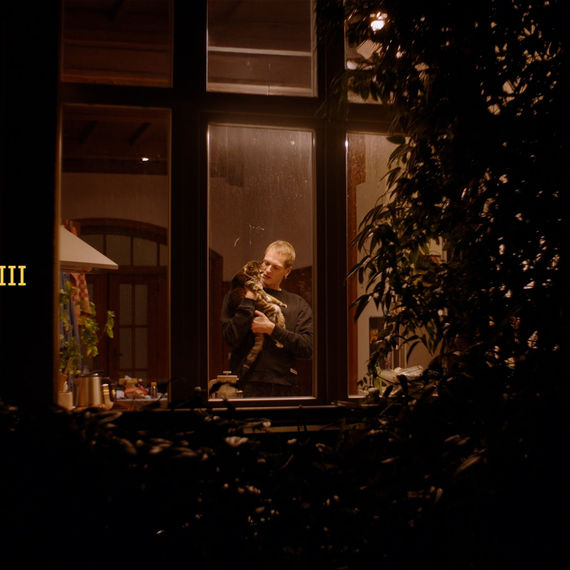A question of the heart
In Shakespeare's Sonnet 8, music becomes a mirror: harmony reveals what’s missing. The young man hears beauty - and feels sorrow - because every chord reminds him of what he denies himself: connection, kinship, the warmth of shared life.
Each voice alone is fragile. Together, they form something whole.
That same yearning breathes through Pocket Book VIII by Anna Clyne - voices that drift apart, reach out, and find each other again. A quiet ache that turns into harmony.
In this new Vocal Fabric video, director Simon Cools Fierlafijn captures that fragile space between distance and closeness, where sound becomes the trace of human presence.
📺 Watch the video on YouTube
🎧 Listen to the recording on your preferred streaming platform
About Pocket Book VIII
“Pocket Book VIII is a setting of Shakespeare’s eighth sonnet, ‘Music to hear, why hear’st thou music sadly?’ This opening line is sung as a prelude to the remainder of the sonnet, which is whispered to capture the intimacy that characterizes Shakespeare’s sonnets. A slowly moving harmonic progression is sung whilst the text is recited, and the music ends with one single note – alone.
I was drawn to this sonnet as it is filled with musical references – musical harmony being an analogy to life with happiness stemming from family – without which, he warns, one will have a life of loneliness.”
— Anna Clyne
Immersive: discover in Dolby Atmos
With the EP Songs in Surround, Vlaams Radiokoor released the world-premiere recordings of Anna Clyne’s Pocket Book VIII and Pocket Book LXV on Antarctica Records.Both works, written for eight amplified voices, are inspired by Shakespeare’s sonnets — meditations on harmony, human connection, and the longing to belong.
Recorded in the unique acoustics of AMUZ and released in immersive Dolby Atmos sound, the circular formation of the choir places the listener right at the heart of the music — surrounded by breath, resonance, and space.
“Thank you so much for sharing this stunning recording. What a treat to hear this!”
— Anna Clyne
Sonnet 8 – William Shakespeare
Music to hear, why hear’st thou music sadly?
Sweets with sweets war not, joy delights in joy:
Why lov’st thou that which thou receiv’st not gladly,
Or else receiv’st with pleasure thine annoy?
If the true concord of well-tuned sounds,
By unions married, do offend thine ear,
They do but sweetly chide thee, who confounds
In singleness the parts that thou shouldst bear.
Mark how one string, sweet husband to another,
Strikes each in each by mutual ordering;
Resembling sire and child and happy mother,
Who, all in one, one pleasing note do sing:
Whose speechless song being many, seeming one,
Sings this to thee: Thou single wilt prove none.

